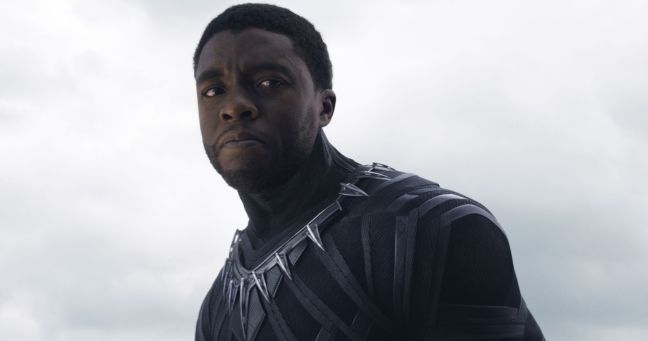HEALING THE NATION

Hey everyone, how are you all? I am so happy to be back here. I just hope that for those of you who’ve been following me, will take the time to forgive my absence. I have been trying to re-adjust to school life and I am so glad that I can now use this blog to impact, challenge and motivate my followers. Please do not feel left out or neglected, I am back and I’m here to be that blessing to many who read my posts. Remember, feel free to hit me up so that we could share and discuss these issues at a personal level. Love you all!
Now, here we are, Kenya is celebrating yet another Mashujaa Day. The air is filled with excitement as every citizen of Kenya rejoices in the fact they are still an independent country thanks to its heroes. These heroes are what are known in Swahili as “Mashujaa”. These are the men and women who fought for the country’s independence from the British colonial rule…every one of these men and women are revered for their roles in the struggle.
The country’s heroes suffered greatly. Not only were our country’s beloved heroes beaten up, flogged, thrown in prison and persecuted, they endured! Give them credit where it is due, they never backed down even opting to lose their lives rather than live under oppression. And whether or not the country today realizes this, these great men and women defined the nature of Kenyan pride, philosophy and identity. We are undivided. We are one! We refuse to live under the yoke of oppression even that which originates from our own people. This very point, the church in Kenya understood.
In the second stage of gaining Kenya’s freedom, key church leaders stepped up to challenge unjust systems in the country’s governance. Not only did they rise up to speak, they, like the Heroes before, made a scene about it and suffered greatly for it. They did not relent, but they stood for one truth: The Gospel’s message was freedom from sin and injustice and the mere existence of the church in the country ought to reflect that fact. How incredible?
Here were a class of senior, revered ministers of the Gospel who did not esteem their positions higher than their true callings as followers of Jesus but let themselves suffer for the rest of the country to experience true freedom. It is no small feat to achieve such a treasured thing as freedom, but it is sad when the heart and values of those before are not seen to trickle down into today’s crop of leaders and ministers. But let it be said now, There is hope and someone reading this might agree and find him/herself to be that hero that the Kenya today needs.
The struggle is still not over until we are truly one in heart, mind, agenda and identity.
